On Sense of Belonging and Educational Success Among Refugee-Background Students
Shukuru Kamulete, Georgette Bisoka, Dr. April S. Masarik

Motivation
Higher education is a human right proclaimed in the Universal Declaration of Human Rights (Article 26.2); however, refugee background students (RBSs) often face barriers in higher education.
These barriers include language difficulties, discrimination, and isolation to name a few (Mangan & Winter, 2017).
Although many RBSs and their families place a high value on higher education, these barriers can make it more difficult to obtain a degree and secure employment in their desired field (Stevenson & Willott, 2007).
Even further, relative to other student populations, research involving the voices of RBSs in higher education is relatively scarce and desperately needed to inform educational practices and programs (Mangan & Winter, 2017).
MLSA
The Multilingual Student Alliance mission is to provide a welcoming, comfortable atmosphere for current and future Boise State multilingual students so they can better adjust to university life and achieve their educational goals.
Study Goals
Investigate the degree to which involvement in a RBS organization on campus (Multilingual Student Alliance) is linked to students’
- sense of campus belonging
- overall satisfaction with the university
- educational experiences
Method
We used Qualtrics to create the survey as well as gather and analyze the data.
We emailed surveys to current and past members of the Multilingual Student Alliance to find out how the organization impacted their academic performance, sense of belonging, awareness of campus resources and utilizing them, and their overall satisfaction with the university.
The survey was approximated to take 15-30 minutes.
Participants (N = 10)
Males (n = 5); Females (n = 5)
| Variable | Range | M (SD) |
|---|---|---|
| Age (years) | 18 – 52 | 26.40 (9.13) |
| GPA | 2.47 – 4.00 | 3.37 (0.51) |
| Languages spoken | 2 – 5 | 3.60 (0.92) |
Languages Spoken
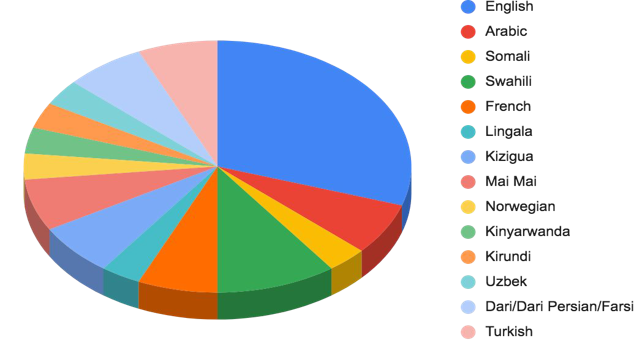
Country of Residence Prior to U.S.
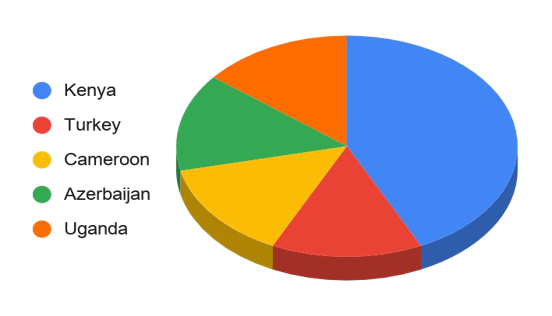
Key Findings
Sense of Belonging
Since you joined the MLSA, how has your sense of belonging on campus changed?
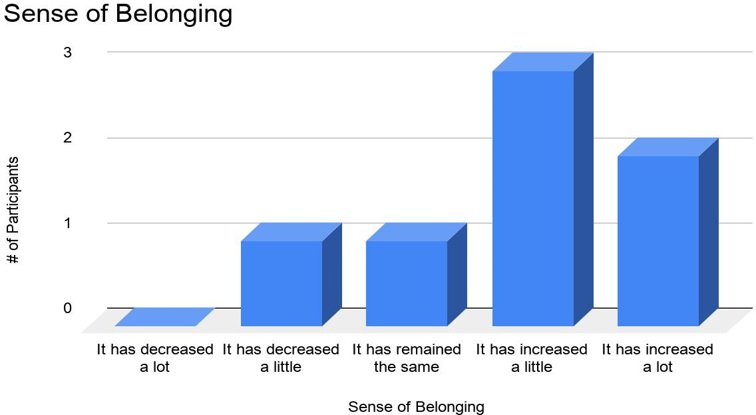
“Just being able to be around other students that I share the same background makes me feel like I’m not alone and it also decreases the intimidation feeling I had around campus.”
Overall University Satisfaction
Since you joined the MLSA, how has your overall satisfaction with the university changed?
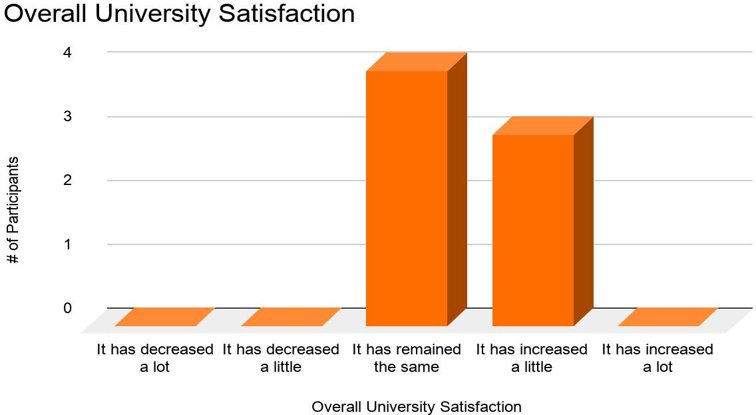
“I like [the university] now because I have people that I can talk to.”
Educational Experiences
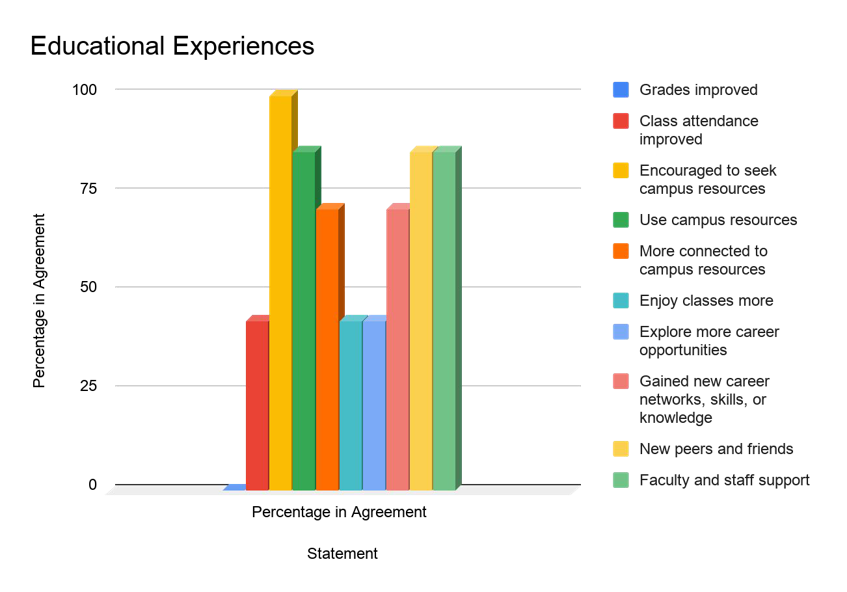
- Grades improved – 0% in agreement
- Class attendance improved – less than 50% in agreement
- Encouraged to seek campus resources – 100% in agreement
- Use campus resources – more than 75% in agreement
- More connected to campus resources – less than 75% in agreement
- Enjoy classes more – less than 50% in agreement
- Explore more career opportunities – less than 50% in agreement
- Gained new career networks, skills, or knowledge – less than 75% in agreement
- New peers and friends – more than 75% in agreement
- Faculty and staff support – more than 75% in agreement
“… the MLSA gave inspiration for my current research and career goals.”
Implications
Our research provides RBSs an opportunity to voice their experiences on campus and share how a student-led organization like the MLSA can lift students up to their full potential.
Future Directions
Interview students for more in-depth responses about involvement in the MLSA and their educational experiences.
Investigate how being involved in any organization on campus influences students.
Conduct similar research in high schools.
The same research could also be conducted with other minority groups on campus to explore whether involvement in student-led organizations enhances their sense of belonging and educational experiences.
Additional Information
For questions or comments about this research, contact Shukuru Kamulete at shukurukamulete@u.boisestate.edu.